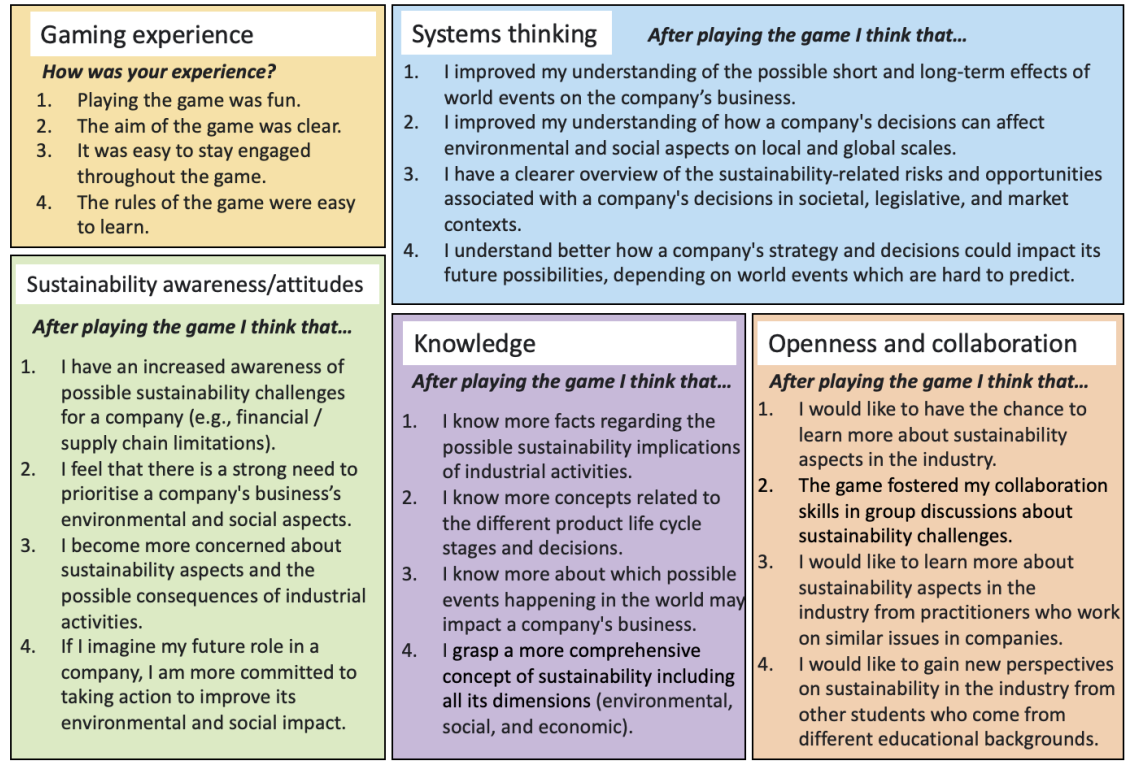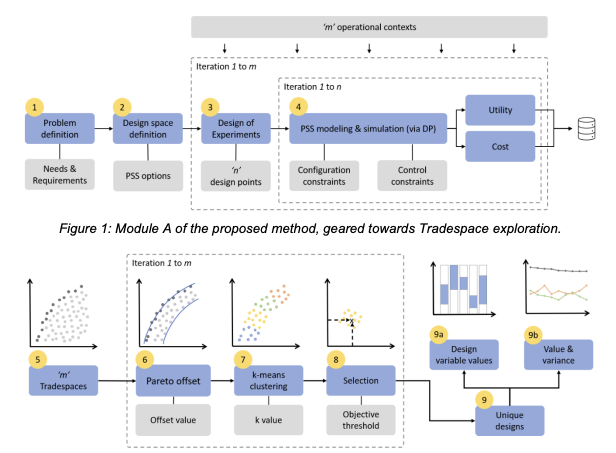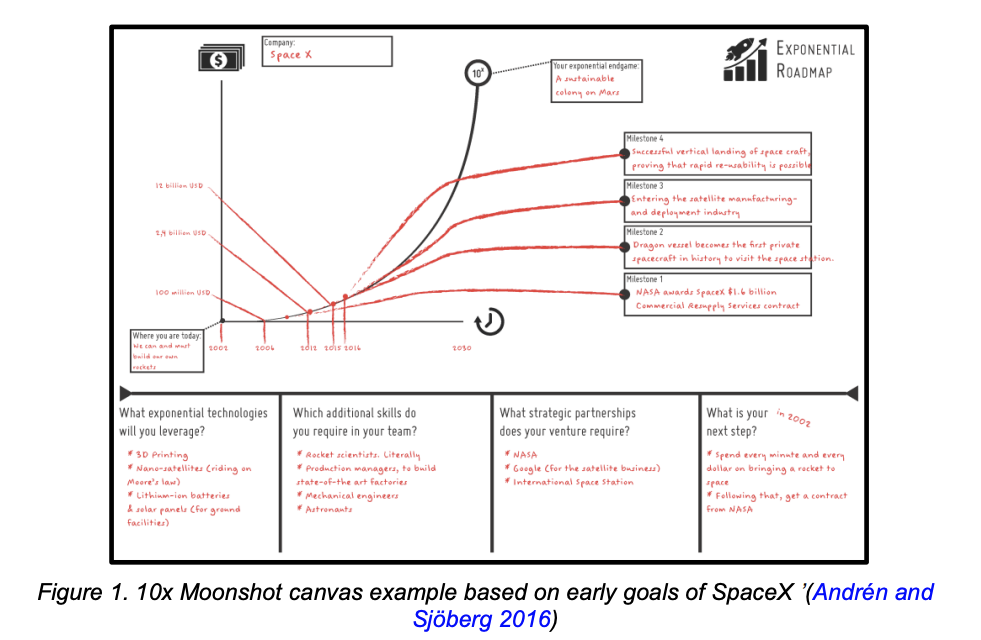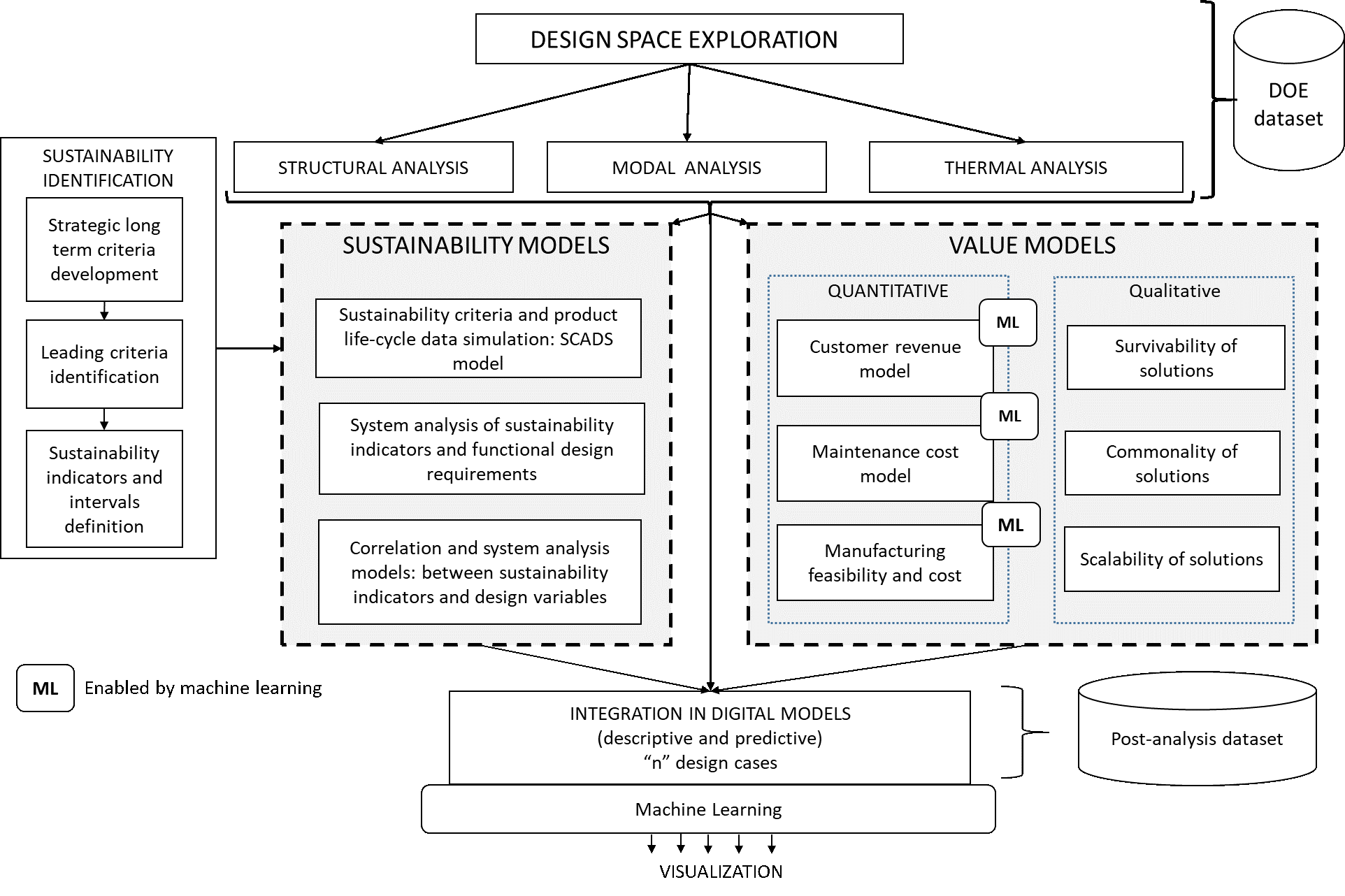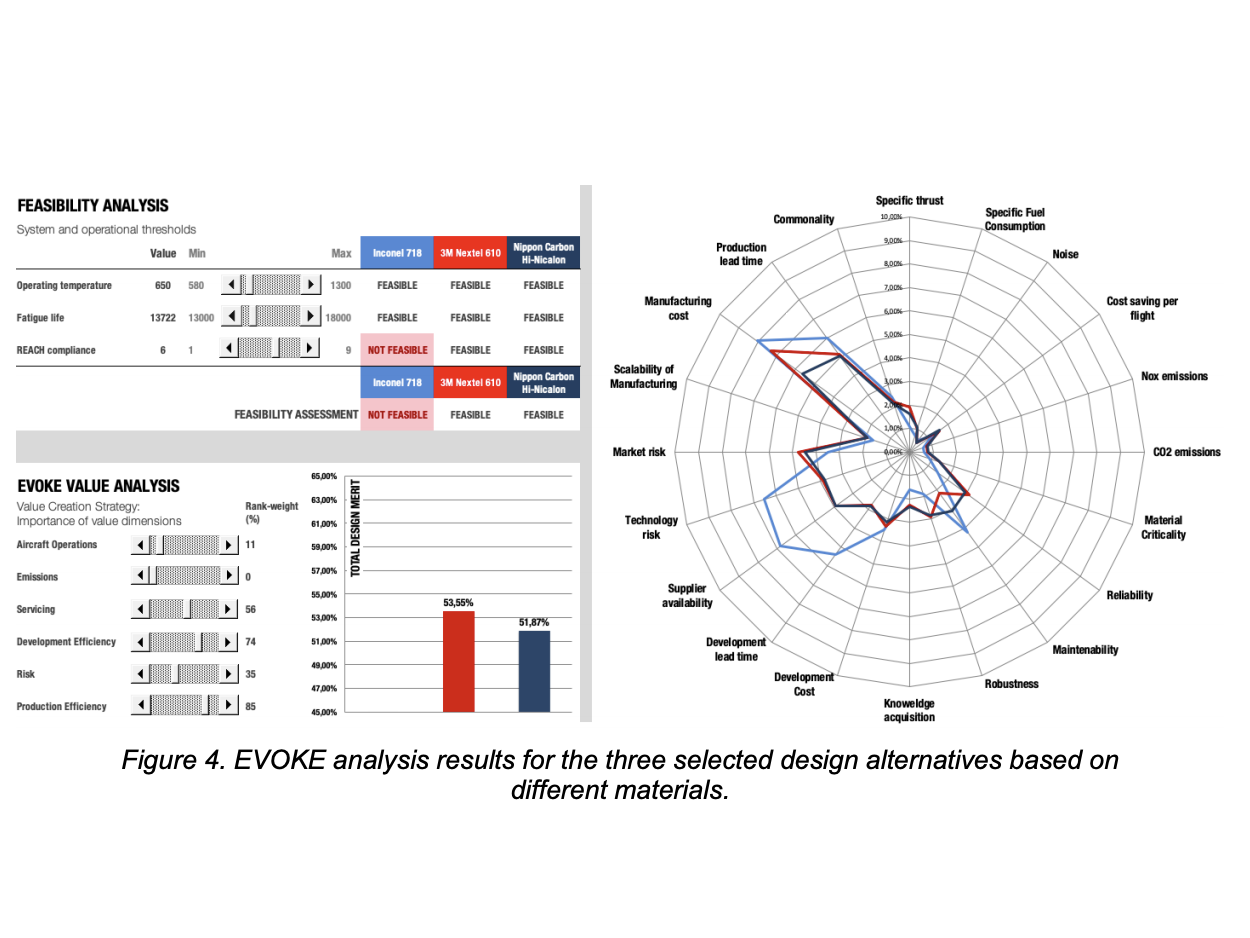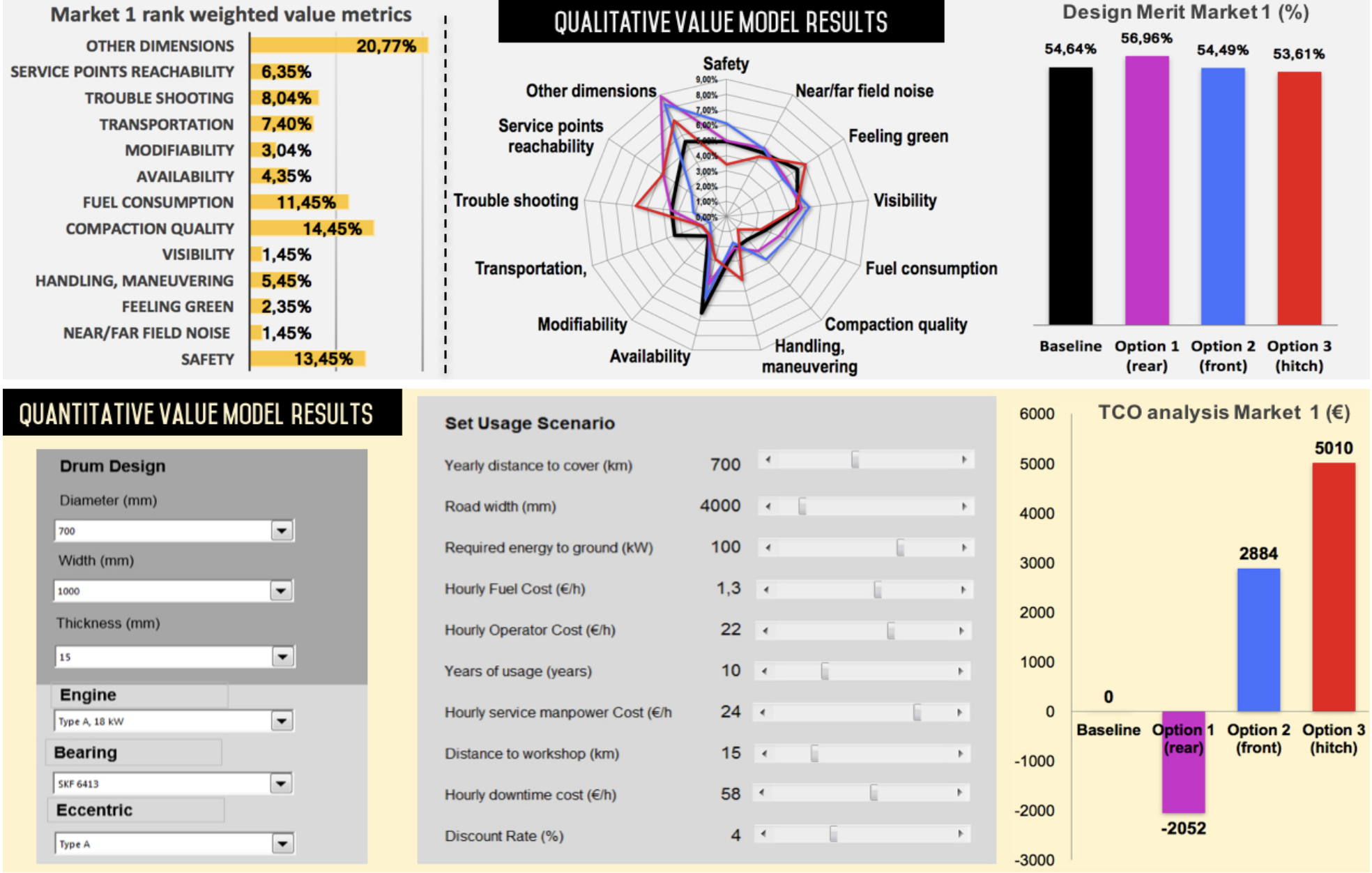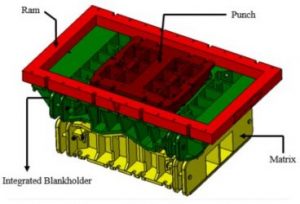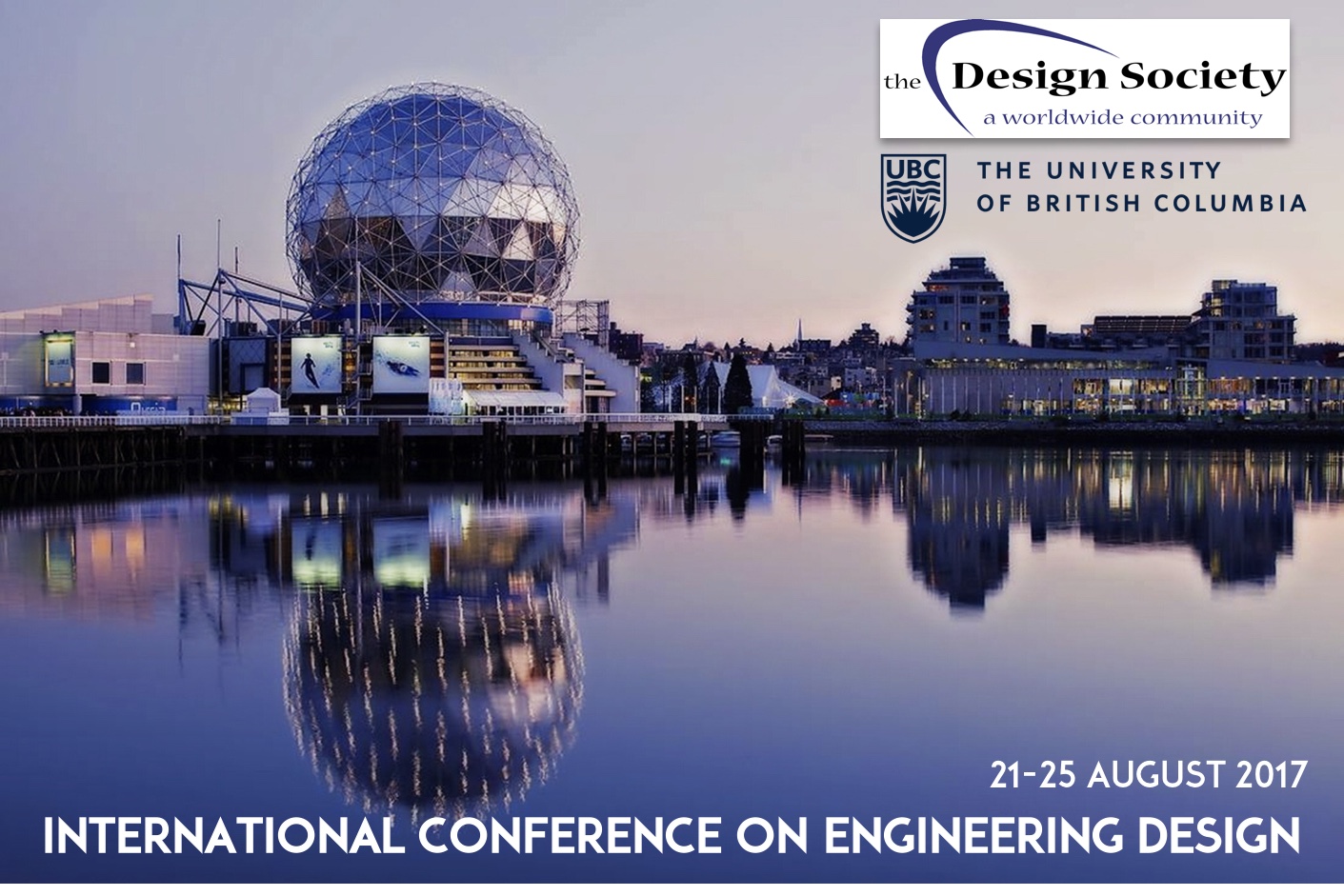Abstract Academic institutions are increasingly required to prepare future practitioners to face complex sustainability challenges. The need to foster the development of different skills, attitudes, and multidisciplinary collaboration raised the interest in alternative learning approaches. Game-based learning can be a tool to achieve a variety of desirable learning outcomes, including sustainability and collaborative attitudes change. […]
Read More